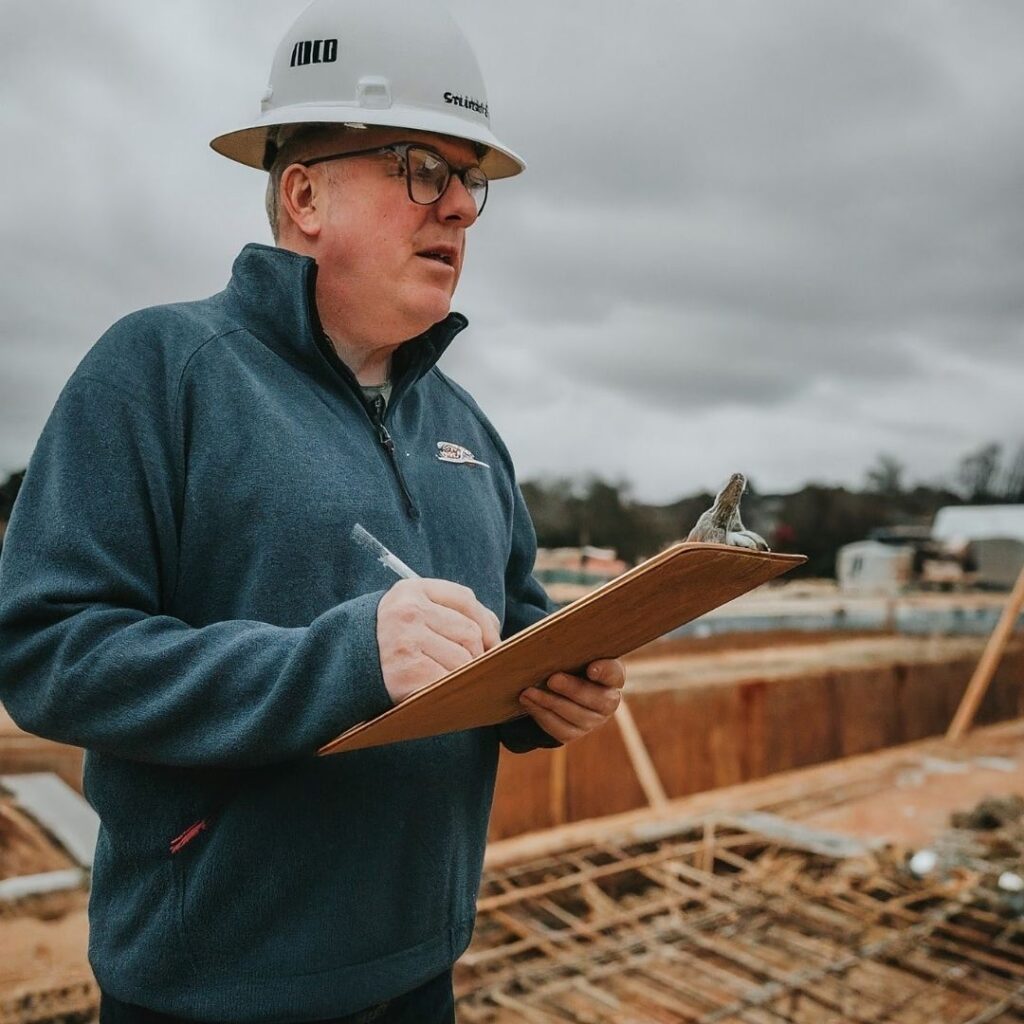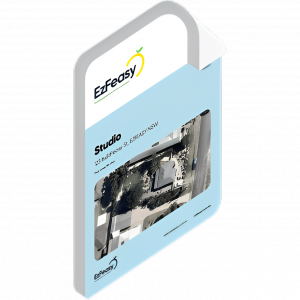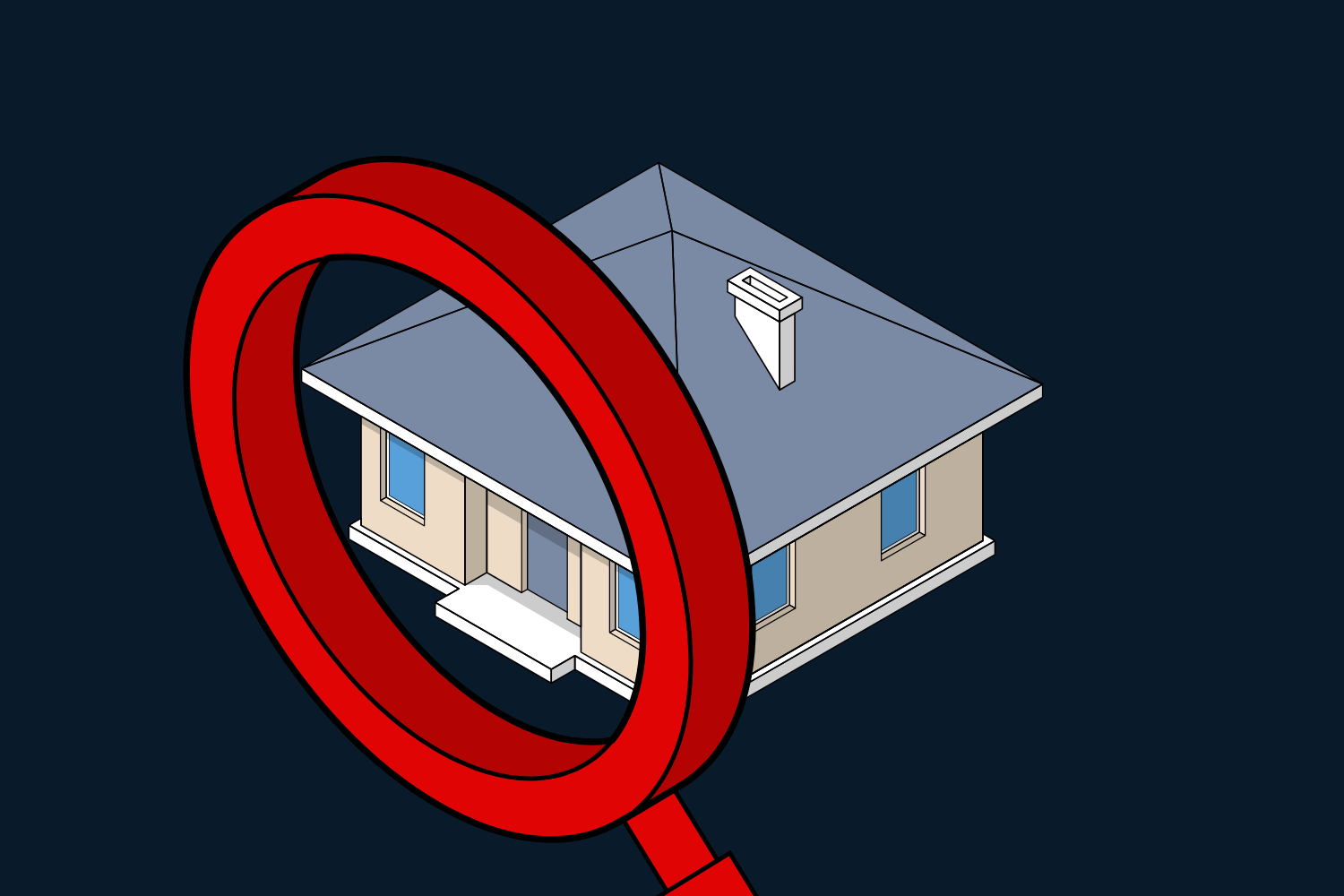The EzFeasy Guide to Property Building Inspections
When looking at a property, it’s important to understand the distinction between a building inspection and an EzFeasy report. A building inspection is focused on identifying defects and safety hazards and assessing the current condition of a property. It helps buyers, sellers, and homeowners make decisions based on the physical state of existing structures.
On the other hand, an EzFeasy report is designed for properties that still need to build structures on them or for owners who plan to make modifications like adding a granny flat, pool, or shed. It helps you determine whether your planned development or renovation will meet council approval, focusing on future possibilities rather than the existing condition. While a building inspection protects you from hidden defects, an EzFeasy report ensures no hidden planning rules or site conditions could impact your proposed building plans.
Here’s our guide to property building inspections in New South Wales
What is a Building Inspection?
A building inspection also called a property or house inspection, provides independent and objective advice about the physical condition of a property, helping you make an informed decision—usually when buying a home.
Since inspection reports capture a property at a specific time, ensuring your report is up-to-date is essential. Building inspections also serve other purposes, including risk management, dispute resolution, and regulatory compliance. In NSW, these reports are commonly called Pest & Building Reports. They are essential for due diligence when purchasing a property, ensuring buyers know of any necessary repairs or renovations.
It’s crucial to distinguish building inspections from Home Warranty Inspections (HWIs), often called Practical Completion Inspections (PCIs). This type of inspection is conducted by an independent qualified inspector representing the owner, identifying any defects the builder must address before handing over the completed building to the client. HWIs have become extremely popular among owners who want to ensure their building has been constructed correctly, especially as the Building Commissioner of NSW has highlighted defects throughout the industry.

Types of Building Inspections:
- Pre-Purchase Building Inspection
Conducted before buying a property to assess the condition of existing structures and identify any defects or safety hazards. Also known as a Pest and Building Inspection. - Practical Completion Inspection (PCI)
Also known as a Home Warranty Inspection, this identifies any defects to be rectified in new buildings to ensure they are defect-free before handover from the builder to the owner. - Critical Stage Inspections by the Principal Certifying Authority (PCA)
These mandatory inspections are required at key construction stages, such as after the foundation is laid, before covering structural work, and before issuing the Occupation Certificate. They ensure compliance with the approved plans and building standards. - Critical Stage Inspections by an Independent Party
Similar to those by the PCA, but conducted by an independent inspector to ensure transparency and a second layer of assurance that the building work complies with regulations and standards.

- Dilapidation Report
Documents the condition of a property before and after construction works on a nearby site, helpful in resolving disputes over damage claims. - New Construction Inspection
These are carried out during various stages of the building process, ensuring compliance with standards and quality expectations. Similar to Critical Stage Inspections by an Independent Party, they may be at non-critical stages of construction to ensure defects are picked up earlier than the final inspection.

- Special Purpose Inspections
Focused on particular concerns, like mould, asbestos, or rising damp, providing targeted assessments based on specific issues. - Insurance Inspection
Conducted to assess damage claims and ensure compliance with insurance requirements.
In addition to the legally required Critical Stage Inspections by the Principal Certifying Authority (PCA), hiring an independent inspector offers an extra layer of assurance. This independent check ensures that the construction not only meets compliance standards but also adheres to high-quality workmanship, reducing the chances of future issues being overlooked.
In recent years, these independent inspections have gained popularity, especially as horror stories of defect-ridden homes have surfaced. Many homeowners have faced challenges in getting builders to return and rectify issues after completion.
Engaging an independent inspector not only provides peace of mind but can also help avoid legal battles with builders over defects, ensuring the home is delivered in the condition promised.
Who Needs a Building Inspection?
Building inspections go beyond the typical buyer-seller scenario and play a crucial role across various property stages.
Buyers
Buyers need inspections to uncover hidden defects before committing to a purchase, ensuring they don’t face costly repairs after settlement. Sellers often commission inspections to identify and resolve issues before putting their property on the market, boosting buyer confidence and preventing last-minute delays.
Homeowners and Investors
Homeowners benefit from inspections when they suspect structural issues, as these reports help assess damage and guide necessary repairs. Investors also rely on building inspections to protect their investments, identifying potential hazards that could lead to significant maintenance costs.
Property Managers and Construction Contractors
Property managers and construction contractors may request inspections to assess nearby properties and ensure that adjacent structures aren’t compromised by construction activities. Commercial property owners use inspections to ensure their assets are in good condition and compliant with safety regulations, avoiding potential legal liabilities.
Critical Stage Inspections, conducted by a PCA, are legally required for new constructions. However, hiring an independent inspector can offer peace of mind, ensuring that construction meets high standards and defects aren’t overlooked. This has become increasingly popular due to the rise in stories of defect-ridden homes where builders fail to return and fix issues. An example of this can be found in the work of Site Inspections, a well-known independent property inspector on TikTok and YouTube, who exposes building flaws that might otherwise go unnoticed by the average homeowner or PCA. His reports of missed defects highlight why a second opinion can be crucial to ensuring quality and safety in your home.
Why Have a Building Inspection?
A building inspection identifies safety hazards and defects—both major and minor—that may not be visible to the untrained eye. Critical issues like structural damage, water leaks, or health risks such as asbestos can be easily overlooked without expert insight. Conducting a thorough inspection helps you:
- Avoid financial loss by uncovering unseen defects.
- Plan necessary repairs, renovations, or maintenance.
- Gain leverage during negotiations, knowing the property’s actual condition.
- Ensure the safety and livability of your property.
An independent inspection can also bring peace of mind, particularly in light of high-profile cases of defective buildings. Take Owner Inspections, for example, which provides independent and unbiased reports for homeowners, buyers, and investors. Their inspections often uncover defects that would otherwise go unnoticed, helping to avoid costly repairs in the future. These inspections highlight the importance of a second opinion, ensuring that issues are caught before they escalate into expensive problems.
When Should I Get a Building Inspection?
There are eight circumstances in which you will need a building inspection; these may include one or a combination of the following:
01. Pre-Purchase Building Inspection
This inspection is essential before making an offer on a property or before an auction. It provides vital information on the condition of the property and identifies any defects or safety hazards.
02. Practical Completion Inspection (PCI)
Also known as a Home Warranty Inspection, this should be scheduled just before the handover of a newly constructed home to ensure the builder identifies and rectifies all defects.
03. Critical Stage Inspections by the Principal Certifying Authority (PCA)
These inspections are mandatory at key stages during construction, including after the foundation is laid and before issuing the Occupation Certificate, ensuring compliance with approved plans and building standards.
04. Critical Stage Inspections by an Independent Party
Conducted at the same critical stages of construction as PCA inspections, these provide an additional layer of assurance regarding compliance with regulations and standards.
05. Dilapidation Report
This must be completed before any construction commences.
06. New Construction Inspection
Carried out during various stages of the building process, these inspections help ensure compliance with standards and quality expectations and can catch defects early.
07. Special Purpose Inspections
These are usually engaged when required for specific purposes, such as mould and rising dampness.
08. Insurance Inspection
Typically, once an insurance event has occurred, it is conducted to assess damage claims and ensure compliance with insurance requirements. These inspections may occur regularly in other instances or when claims are filed.
For more detailed information on building inspections and their importance, you can visit sources like Fair Trading NSW.
Key Takeaways
Building inspections are an essential step in ensuring the safety, compliance, and value of a property. They provide crucial insights into the condition of existing structures and identify potential hazards, helping buyers and homeowners make informed decisions. Various types of inspections cater to different needs, from pre-purchase assessments to practical completion inspections and special-purpose checks.
Don’t forget that while building inspections focus on a property’s current state, EzFeasy helps its clients determine the opportunities and constraints for proposed buildings. By obtaining both a building inspection and an EzFeasy report, you can ensure your development plans are feasible and compliant with local regulations. You can also make informed decisions that ensure your planned construction ideas are viable and you don’t get stuck with a lemon. inspection and an EzFeasy report, you can make informed decisions that ensure your planned construction ideas are viable and you don’t get stuck with a lemon.

Making property Lemon Squeezy.
EzFeasy provides essential information when planning to build. The essential first step before you start that could save you thousands.










